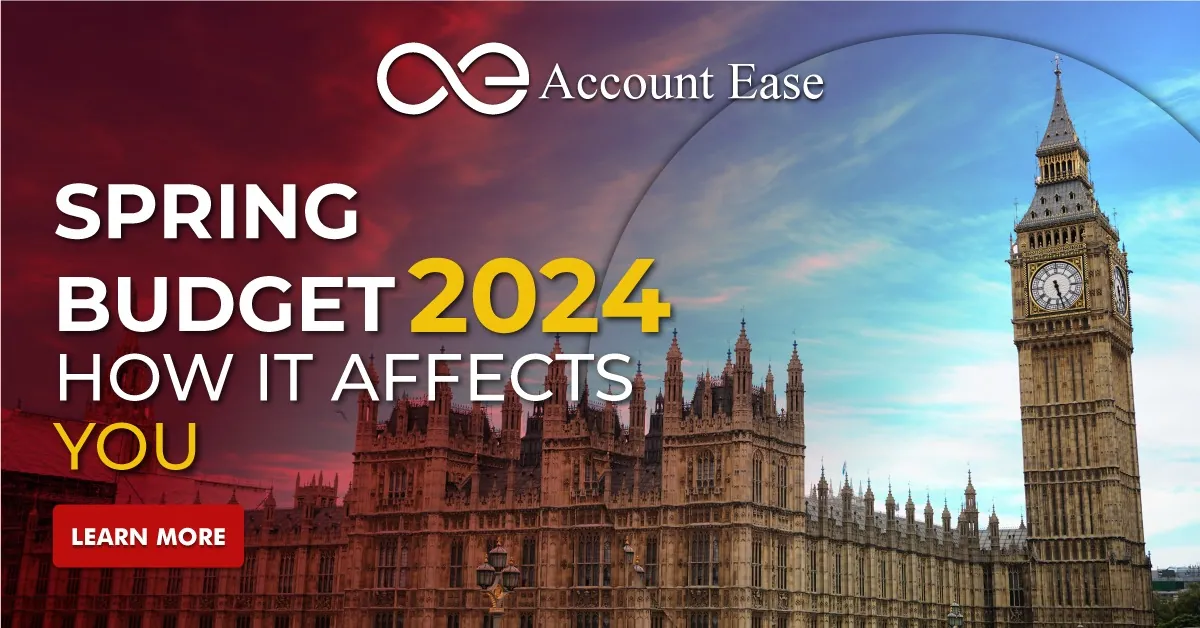With what could be the final budget before the general election, Chancellor of the Exchequer Jeremy Hunt today delivered his Spring Budget to. The House of Commons to announce the Government’s tax and spending plans.
After lots of speculation over the last few days around tax cuts ahead of the forthcoming election. Reports suggested that several measures were being considered to raise money to fund this, including raising duty on flying first class.
It was expected that further permanent cuts to National Insurance would be announced and potentially an income tax cut as well with Jeremy Hunt aiming to give “a message of hope in challenging times” and achieve heathy long-term economic growth, good public services as well as reducing taxes.
Another big talking point ahead of the Spring Budget was the possibility of taxing vaping. As well as examining scrapping non-domiciled tax status, which the Treasury had declined to comment on.
Additional decreases in National Insurance Contributions
In response to the Autumn statement, additional measures to reduce taxes were announced.
From the 6th of April, the Class 1 Employee National Insurance Contributions (£1) will be reduced by 2p from 10% to only 8%.
The Class 4 National Security Contributions will be reduced from 8% to just 6% for those who are self-employed.
This equates to a £450 annual saving for an average employee, and a £350 savings for a typical self-employed individual.
Mandatory VAT Registration Threshold Increased
The VAT registration threshold will be increased from £85,000 to £90,000 from 1st April 2024. This is the first time this threshold has increased in 7 years which will mean thousands of businesses will no longer be required to register for VAT.
Permanent Expensing for Leased Assets
The draft legislation to boost business investment will be introduced as soon it is affordable.
Changes to Child Benefit
The government is looking to reform the high-income child benefits charge in the future. It will change the system to one that applies to all households. Rather than the current system where the charge is applied if the household’s highest earner earns more than £50,000.
The threshold for the high-income child benefit will begin at £60,000 in the interim and gradually increase to £80,000. The high income child benefit fee currently starts at £50,000, and is fully repaid when it reaches £60,000.
Non-Domicile Tax Reform
A rumoured change prior to the budget, the regime whereby individuals were able to avoid paying tax on their foreign income is to be scrapped. And replaced by a new residency based system from April 2025.
Under the proposed new system, there would be no taxation on foreign income for individuals arriving in the. UK for the first four years after which regular UK residence taxation would apply. There will be a transition period for those currently utilising the “non-dom” system.
Fuel And Alcohol Duty Frozen
In good news for motorists, the Fuel duty freeze previously introduced in 2022 was temporary and fuel duty would have increased by 13% this month. But the Chancellor is maintaining the 5p cut for a third year and keeping it frozen for another 12 months. Alcohol duty was frozen in the Autumn statement and this freeze is now extended until February 2025 which will continue to cut costs for pubs, bars, restaurants, nightclubs and more.
Changes for Landlords and Property Investors
In news that could impact landlords and property investors. The multiple dwellings relief will be abolished for those that purchase multiple properties at once. The higher Capital Gains Tax rate on residential property will be reduced from 28% to 24%. With the aim of increasing the number of transactions to ultimately generate more revenue for the Government. The Furnished Holiday Lettings Relief scheme will also be abolished from April 2025.
Other Key Points Include:
- £100m of levelling up funding to be allocated to support cultural and capital projects and community regeneration across the country
- NHS productivity plan to be funded in full at a cost of £6bn with a focus on reducing waiting times and improving service
- £200m will be provided to extend the recovery loan scheme to help small business and SMEs
- A new tax will be imposed on vapes, tobacco duty will increase and the tax on non-economy flights will increase
- Planned growth in day-to-day spending will be maintained at 1% in real terms
- Additional tax credits of 5% and a 40% tax relief for eligible film studios to boost the creative industry in the UK
- £105m to be invested over the next 4 years to build 50 new special free schools
- Guaranteed rates to be paid to childcare providers over the next 2 years as part of the Government’s boosted childcare offer to help more people into employment with 30 hours of free childcare being provided for working parents
How Account Ease Accounting Can Help You
As the UK’s most trusted accountants, our experts can help you make sense of the Spring Budget and how it could affect your business. Account Ease accountants are on-hand to answer any queries you have regarding the Budget, your accounting needs, tax-optimisation, and much more.
If you need an accountant that you can trust with your finances, call us today on 0208 133 4599
or request a call back here.

